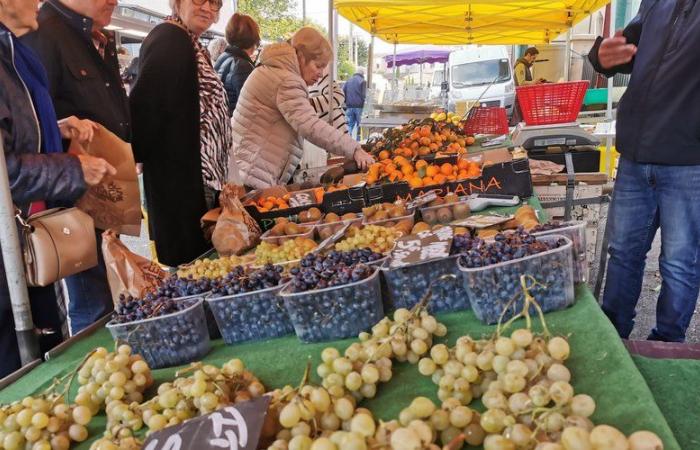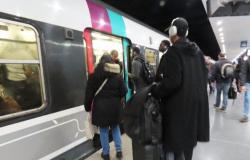the essential
The 3rd Gers Slow Cities Commission took stock of the issues, particularly obstacles to mobility and the establishment of local Zero Waste markets.
On Wednesday, November 27, the Masseube town hall hosted the 3rd meeting of the Slow Cities commission, organized by the Gers departmental tourism committee. This meeting is part of the Terra Gers® approach, the departmental brand of sustainable tourism. “Slow is really a strong identity for Gers tourism. Positioning is more than ever about “taking your time” in welcoming places,” observes the director of the departmental tourism committee, Olivier Auriol.
Also read:
Heritage and slow tourism: the Gers destination in good momentum in 2023
The main objective of this meeting was to share experiences and concrete solutions to common problems, with elected officials and tourist offices of labeled municipalities. These are grouped together in this commission. “Tourists are not necessarily attached to a label,” confides Olivier Auriol, “but communities, by taking ownership of it, are progressing in a virtuous dynamic.” Green resorts, flowery towns and villages, small towns of character, the most beautiful villages in France, the most beautiful detours, countries of art and history or blue flag, this local commitment constitutes the basis for promoting the assets of the Gers. The preservation of the environment, both landscape and heritage, represents an essential factor in attracting new residents and visitors.
Mobility and local markets
At the heart of the discussions: mobility and its challenges in rural areas. “There are many more centers of interest than public transport services,” notes the director of the CDT. Once there, the tourist who would like to do without his car has a hard time finding another solution. The remoteness of the Gers sites of interest complicates things. “It’s progressing, but everything can’t change with the wave of a magic wand!”
The commission presented successful initiatives in terms of organizing transport, whether for residents or tourists. 2nd theme addressed, Zero Waste markets, highlighted the experience of Eauze. Bruno Blaya, deputy mayor, presented this initiative, supported by the Chamber of Trades and Crafts and Sictom Ouest. The transition from 14 waste bins to a single bin per market resulted in significant financial savings, an aesthetic image that enhances the municipality, and increased awareness of environmental protection. “These examples are easier to disseminate, notes Olivier Aurio. This is the goal of these commissions.”
France






